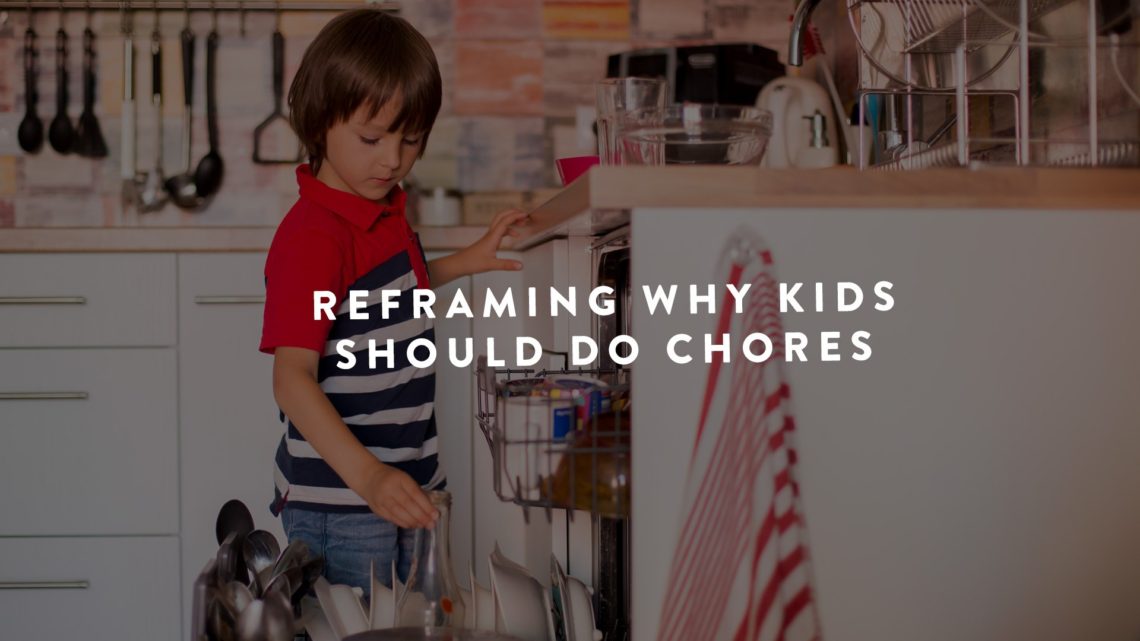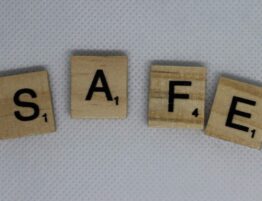
Even if you aren’t an anxious person, I am willing to bet that you carry quite a few worries as a parent. We can create some wild stories in our minds based on our worries. And some of the wildest stories in our mind begin not with the phrase, “Once upon a time” but instead with “What if.”
Let me tell you about one of my “What if’s.”
What If . . .
What if I’m raising lazy, entitled kids who will one day grow up, move out and live as the slobs they are as tweens. Will they . . .
be featured on an episode of hoarders?
get evicted from their apartments because they haven’t cleaned up after themselves and now there’s a stank coming from the place?
grow up and wonder how dishes actually get clean?
know how to do their own laundry?
expect their trash will somehow magically disappear?
I don’t think I’m the only parent who has worried about this very thing. As parents, we wrestle with a what-if statement like this and wonder what we can do to help prevent it from happening.
What System Works?
But trying to figure out a system to prevent all of this mayhem from happening is no small feet. I have spent countless hours on Pinterest pinning all sorts of articles to learn how to help teach my kids chores, how to help them learn to clean up after themselves, and how to overall survive being a human.
And let me tell you, I’ve tried it all:
The allowance thing.
The work-for-hire thing.
The positive rewards thing.
The chore chart app thing.
The I’m-gonna-ground-you-until-eternity-if-you-don’t-do-this thing.
Nothing has really stuck.
Yes, things got picked up but the motivation was still lacking for them.
A New Approach
So, that’s when I started to realize that maybe we needed to rethink our approach. I knew our goal was to raise kids who would be responsible, respectful and caring. And that’s when it hit me. I ultimately wanted to raise kids who were good citizens. One day, I want my kids to be grown ups who know how to care for themselves, their environments, and the world around them.
And to learn that, we must start at home. Home is the place of their first citizenship.
I started reframing how I talked about chores. I started talking about how important it was that they be good citizens of our home.
Citizenship Begins at Home
When you are a good citizen of the home, you take care of it. You keep it clean. You pick up your space. You don’t keep trash on the floor. You pick up after the dog. You don’t write on the walls.
You do all of these things because good citizens participate in making the world around them a better place. They help take care of what they have so that everyone can enjoy it.
Changing the language really helped us. It made it feel more like a team effort than one person’s role.
I want to challenge you to being there. Start talking to your kids about what it means for your family to be a citizen of your home. Next, find some helpful ways to encourage good citizenship.
Here are some helpful motivational tips for getting kids to be a good citizen at home:
1. Play music.
Play music in the background while kids do their chores. It is always easier to pick up a room when you can dance while doing it.
2. Give Rewards.
If your kids are motivated by rewards, then offer a weekly reward for being a good citizen. Maybe its ice cream, a piece of candy or extra screen time.
3. Make it a challenge.
If you have competitive kids, set a timer and challenge them to see how much they can complete in 10 minutes.
4. Assign kid friendly jobs.
My friend created a citizen chart and the jobs were written in kid friendly tasks like “toilet paper fairy.” Whoever has that job is in charge to making sure all the bathrooms have toilet paper. I mean who doesn’t want to be a toilet paper fairy? It’s easier to motivate kids, when they think what they are doing is fun.
One day, your kids will grow up and live on their own. We don’t want to raise kids who think they need to be paid to clean the house or mow the lawn or pick up after themselves. We want to raise kids who want to be good citizens.





